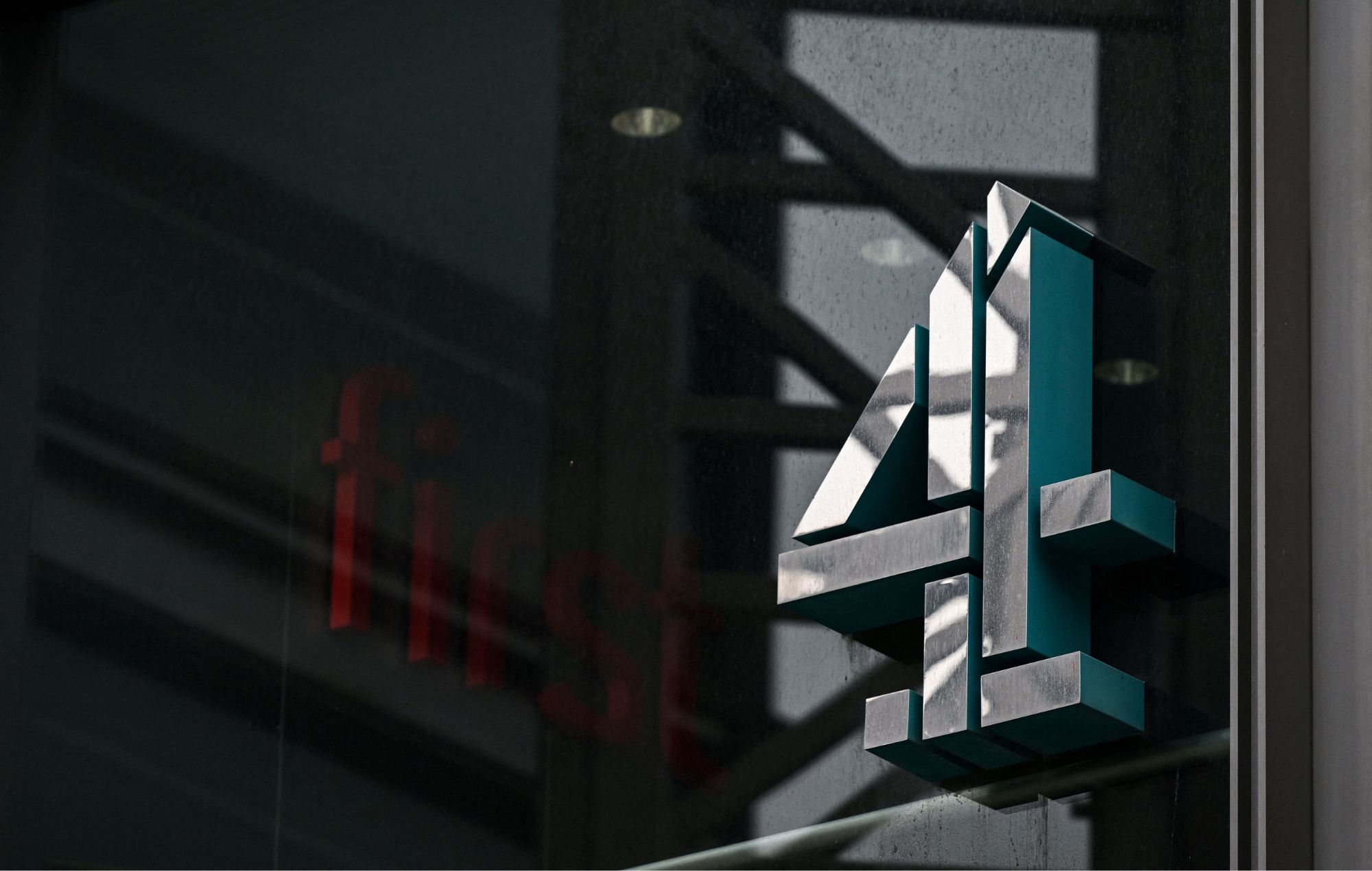Kerrang TV and KISS music channels to shut under Channel 4 cuts
Channel 4 has confirmed that it will be shutting down the Kerrang TV and KISS music channels.
The broadcaster announced the upcoming closure of the channels as part of its five-year strategy, which will see it transition to a “digital-first public service streamer” by 2030.
According to VideoWeek, the strategy has been dubbed the ‘Fast Forward’ plan, and aims to “embrace the generational shift that is taking place in TV viewing” as more people lean towards streaming services.
As part of the shift, there will be a run of redundancies, with around 200 cuts soon to be implemented – reducing the company’s headcount by 18 per cent. Additionally, the station will shut down some of its music-based stations.
At time of writing, these include KISS, Kerrang TV and 4Music, although Channel 4 have also confirmed that more channels will be discontinued “at the right time”.
Launched back in the pre-Youtube era of 2001, the hugely influential Kerrang TV emerged with a countdown of voters’ most-desired videos – chosen by viewers calling for selection. Adopting the similar spirit of its magazine’s namesake, over 23 years it mainly aired music videos from rock and metal subgenres including nu-metal, pop punk and indie rock. Early adopters will remember screen-time domination from the likes of Rammstein, Sum 41, Blink-182, Green Day, Paramore, Papa Roach and Limp Bizkit at the time.
It also went on to feature special programming covering the most prominent names in the scene, as well as providing a platform for emerging talent and live music along with coverage of Download Festival and the Kerrang Awards.

Kiss TV emerged in 1998 and was based on the format of the national radio station, Kiss. Throughout its tenure, its programming predominantly consisted of music videos from mainstream hip-hop, dance, grime, EDM and R&B genres, and it featured presenters including BBC Radio 1’s Judge Jules.
As well as shuttering various music channels, the strategy also reportedly includes plans to move out of the London base within the “next few years” and find a new office space in the city. It has expressed interest in placing 600 roles outside of the UK capital by next year.
By centring its efforts on a “digital-first public service streamer”, Channel 4 will target new revenue streams – building a “double-digit million e-commerce business by 2030” which allows viewers to purchase products through its digital platforms.
Other plans in the pipeline include free ad-supported streaming TV channels to diversify its digital revenues, increasing subscription revenues and investing in “the types of programming that drive streaming growth”, such as drama, high-end documentaries and reality.
Although the digital transformation is not a new development, the announcement that KISS, Kerrang TV and 4Music will be closing confirms that Channel 4 are looking to accelerate the transition.

As reported by VideoWeek, digital revenues accounted for 27 per cent of the company’s total revenues in 2023, and Channel 4 aims to increase this to 30 per cent in 2024, and 50 per cent by 2030.
“Channel 4 was designed to be ahead of the curve and has never stood still. The rate of change in our market is only speeding up, said Channel 4 CEO Alex Mahon. “Our new strategy will accelerate our digital transformation – building on 2020’s Future4 strategy and our founding public service principles – so Channel 4 remains a trusted, disruptive and distinctive brand into the 2030s, offering brilliant shows that people love and that matter.
“While getting ourselves into the right shape for the future is without doubt the right action to take, it does involve making difficult decisions. I am very sad that some of our excellent colleagues will lose their jobs because of the changes ahead. But the reality of the rapid downshift in the UK economy and advertising market demand that we must change structurally.”
